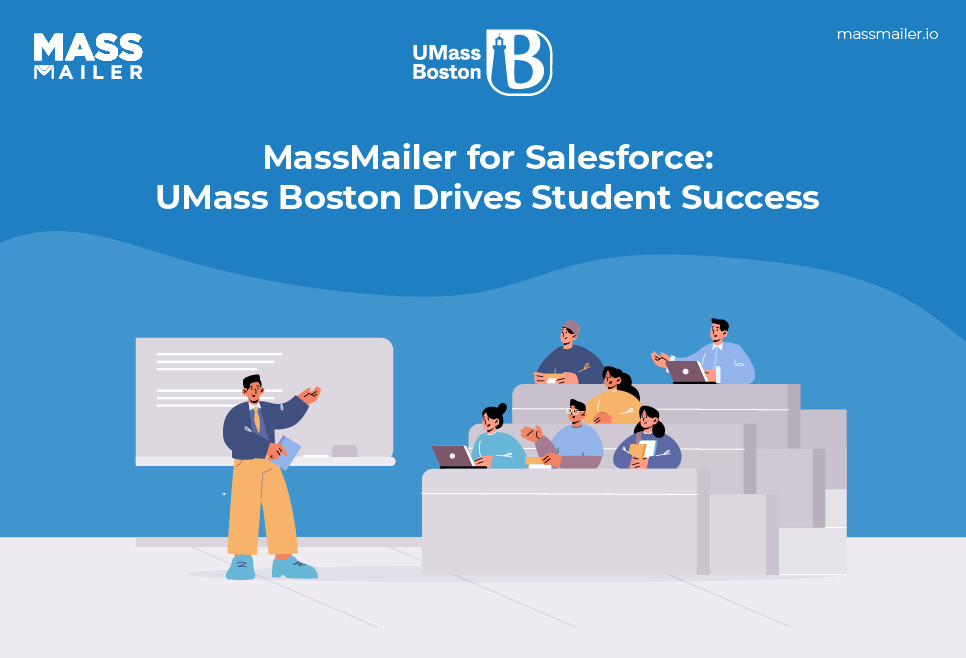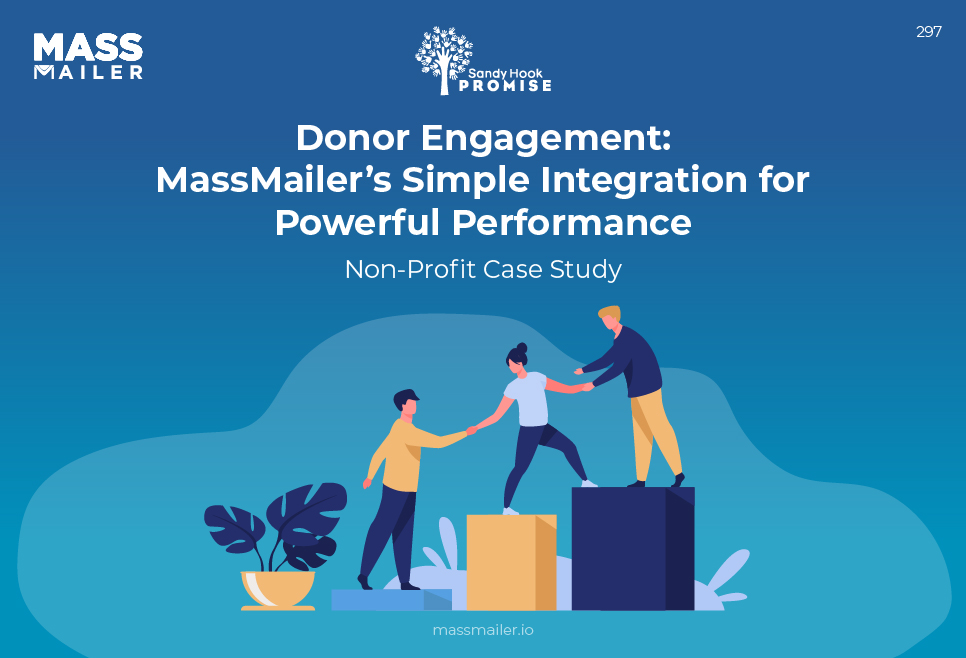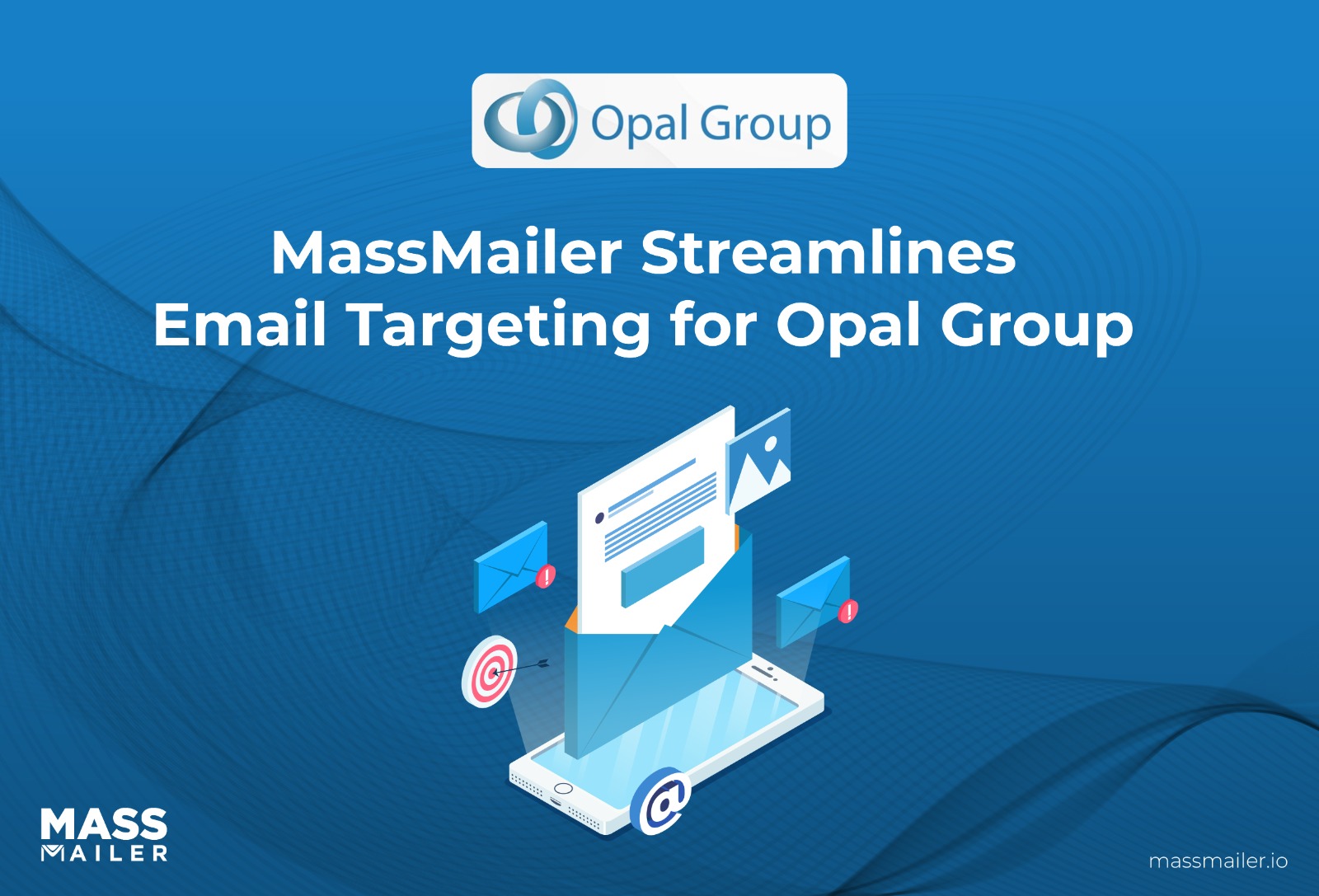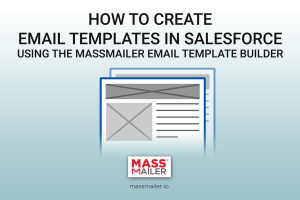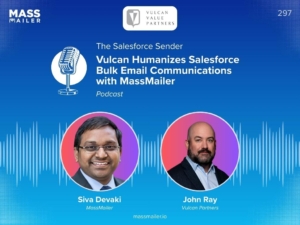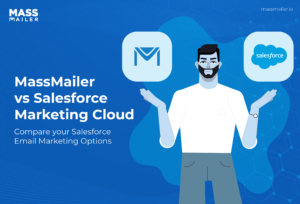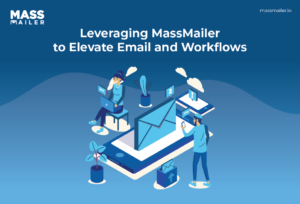Table of Contents
Building a solid community of loyal clients, candidates, and prospects requires dedicated and consistent engagement and communication. As recruiters, the way you connect with your contacts plays a significant role in the success of your efforts and, ultimately, the success of your business.

Why Use Recruitment Email Marketing?
As far as marketing methods go, recruiters have two fundamental tools at their disposal - social media and email marketing. While both have their strengths, studies have shown that email marketing is the most robust approach for a recruitment strategy. According to Social Talent, 74% of adults prefer communicating via email for business.
Emails are an easy, non-intrusive, and effective way to stay in touch with your contacts, build their interest and loyalty, and keep them informed. They can help keep the relationship fresh while giving them the freedom to respond to you at their convenience.
85% of recruiters use emails to connect with their contacts, sending over 144 million emails every day.
So, how do you stand out from the masses and capture attention?
It’s essential to craft your message to suit your target audience and get your point across to make the most out of your email campaign. As a starting point to achieving the desired results, we recommend implementing the top recruitment email marketing practices and tailoring your emails to your needs.
Types of Marketing Emails
Understanding the different types of marketing emails recruiters use can help you define your marketing goals and recruitment strategy.
There are three types of emails you might use. Your goals and audience will help you decide which will suit you best.
1. Sales Emails
As the name suggests, the goal of sales emails is to get a direct response from prospects, ideally expressing an interest in your offering. Sales emails should be highly personalized, considering the needs of each lead.
In the case of recruitment agencies, a sales pitch would have the goal of selling your service of talent procurement.
2. Marketing Emails
Marketing emails serve two purposes - finding leads and nurturing the ones you already have. For recruiters, this means you need to convince companies that they need your help to find good employees. While there’s a level of personalization required for marketing emails, they’re more focused on mass awareness and education, unlike a sales email which focuses on the final step in the funnel.
3. Lead Generating Emails
When someone gives you their email via a form on your website or any other way, this is the first email they’ll receive. The goal is to establish a relationship and let them know what you’re all about, eventually converting them into clients.
These emails differ from sales or marketing emails in that leads are at the top of the sales funnel. They’re potential customers who may not be ready to invest in your offering yet. Your goal is to tell them why they should, in a way that isn’t pushy. New leads are less likely to respond well to overly sales-orientated emails. An excellent way to engage them is with newsletters and articles, slowly building a rapport until they are ready to move on to the next step with your agency. Building a reputation as an expert in your niche will make building trust with new leads easier.
4. Nurturing Brand Emails
Once you’ve established a connection with your leads, you’ll want to nurture the relationship with existing clientele. Your objective at this point isn’t to make a sale but to maintain their engagement with your company. You could use these emails to give clients advice or share knowledge, establishing yourself in their minds as a valuable resource. These emails will help build loyalty and keep existing clients happy and interested.
5. Recruitment Emails
Recruitment marketing is the first step in the process of talent acquisition. By attracting talented individuals to your organization through marketing, you can drive them to apply to open positions in your company.
Recruitment emails are reserved for candidates, whether existing or potential ones. Current candidates will always appreciate informative and helpful emails. You might, for example, send them an article on the latest resume trends or tips for changing careers, or perhaps create a salary guide. These emails help build loyalty and keep you at the top of their mind.
Even if your candidates aren’t on the job market, these emails are essential to keep your relationship with them alive. By including your job vacancies in the sidebar of any articles you might send, you might catch their interest.
When writing for potential candidates, the goal will shift towards finding the best talents for your brand and maintaining communication throughout the recruitment process. This type of recruitment email marketing should be more personalized than the emails you send to existing candidates.
Putting The Right Spin on Your Message
Every marketing email you send will have a specific goal, and for that reason, they will all need to have a different message. When we refer to “the spin,” we mean the core goal of your message. Use this objective to inspire copy and design that grabs your audience’s attention, encouraging engagement with your content.
These are some examples of a clickbait copy line you might use in different types of emails:
- Sales: “Do you need new team members this year?”
- Marketing: “Why it takes months to hire the ideal candidate.”
- Recruiting: “Seeking holiday season employment?
Capturing Emails For Your Database
Without people to email, the best marketing email is useless. Thus, capturing emails should be one of your top priorities as a recruiter. You can do it in several ways to build an email list:
- Email opt-ins via your website are a great way to get the emails of people who are already interested in your service.
- You can also use social media to invite people to opt-in by posting links.
- You can use fan-gating on Facebook by getting people to sign up for emails when they like your page.
- Run giveaways that require users to subscribe to your newsletter or opt-in to marketing emails. You could offer the chance to win something alluring, an ebook, or request that they opt-in to continue reading your content.
Email opt-ins are helpful because they only provide you with clients who choose to receive your emails, so you aren’t doing any cold pitching.
Tips For Creating a Good Recruitment Email
1. Don’t Rely on Mail Merge Tools
Using a {FirstName} merge tag isn’t going to cut it anymore. Most candidates (and people in general) know about these automation tools, so you’re unlikely to impress them if this is the only personalization you do. Many people negatively respond when an email campaign greets them by name using these fundamental inputs.
We’re not saying you shouldn’t use merge tags, but you may need to get a bit more creative with creating a more personalized experience for candidates.
Collect as much authentic information about candidates as you can to go beyond basic personalization and provide them with the best relevant content. Email validation helps ensure that the origin of the email is genuine, by running email addresses through an email verification tool, you can remove the invalid ones making sure all emails will land in applicants' inboxes.
Ask questions like:
- Where did you study?
- What causes are close to your heart?
- What do you do in your spare time?
- What do you like about our organization?
2. The Magic of Three
An article on Business Insider reveals that the number 3 is rather particular and holds significant relevance for marketing. The mind likes to be presented with three things at a time. Four tends to make people skeptical, and anything higher becomes confusing or overwhelming.
For marketers, this may mean breaking up your message into three concise paragraphs or suggesting three different times for an appointment.
3. End With a Call-To-Action
Whatever the purpose of your email (in this case, most likely giving them a job opportunity), you need to make sure the reader knows how to proceed.
Possible CTAs you may use in recruitment email marketing include:
- Reply now
- Arrange a follow-up call
- Set up and on-site interview
- Schedule a future conversation
People are much more likely to engage with your offering if you give them clear instructions, says psychologist Robert Sutton, so get specific.
Remember to provide all the necessary information to remove unnecessary back-and-forth between yourself and the client, reducing the mental energy required on their part. If, for example, you want to arrange a meeting, give them a few times to choose from (remember the rule of 3!) and tell them to get back to you.
4. Get Your Timing Right
Candidates are more likely to open emails on the weekend when there’s less competition for attention from other companies. Sunday evening seems to work the best, as most people are getting ready for the week and have time to read and respond to emails.
Another thing to consider is the time of day. Emails sent between 8 pm and 12 pm are the most likely to be opened.
Consider your options carefully. Be sure to test them to find what will work best for your audience. If your audience tends to sleep early, for example, then including late-night emails in your recruitment strategy isn’t going to work.
5. Write an Effective Subject Line
Subject lines are the first thing people see when a mail lands in their inbox, so you need to get it right. 60-70 characters are the “dead zone” you need to avoid. Past performance indicates that this subject line length yields a decrease in clickthrough or open rates in a report that tracked over 900 million emails.
Above or below 60-70 characters is the ideal length for your subject line. However, it may vary according to the purpose of your email. If you are trying to get candidates to click on content within your email, subject lines above 70 characters work the best.
If higher open rates are your goal, shorter subject lines (below 49 characters) may perform better.
6. Optimize For Mobile
The majority of emails are opened on mobile, and they are usually read in a few seconds. 40.5% of iPhone users spend only 3 seconds reading an email, so conciseness is crucial to being noticed. Three seconds doesn’t leave much space for dawdling, so get your point across quickly.
Make sure that your marketing team uses email software that is mobile responsive, delivering emails that look the same, if not better, on mobile.
7. Use a Spellchecker
It may seem obvious, but it bears noting that nobody will take you seriously if there are spelling or grammar errors in your emails. It is doubly important when it comes to company or candidate names. It’s also essential to get your facts straight before sending an email. Mistakes create the perception that you’re unprofessional or disorganized.
8. Email Frequency
Regardless of your marketing goals, you never want to put your contact off by emailing them too often. On the other hand, you don’t want to go silent for months. A good starting point is one email a week. Try it out and review your open, conversion, and unsubscribe rates.
9. Evaluate and Optimize
One of the reasons marketers love email marketing is their capacity to generate reports. By analyzing open, clickthrough, and conversion rates, you can better understand your audience and engage with them appropriately. It enables you to hone in on which CTAs, links, and images are most effective so you can use them in the future.
Why Email Marketing Is a Crucial Part of Your Recruitment Marketing Strategy
Email marketing is the number one way to communicate with clients, prospects, and candidates. Here’s why it’s necessary for your recruitment strategy.
- Email Marketing helps you stay in contact with your audience, boost engagement, and nurture relationships.
- Emails allow you to reach customers in real-time, as most people receive their emails via mobile.
- They are engaging, and most people are more likely to read and reply to emails than other mediums.
- It’s easy to measure and optimize.
- It’s very affordable.
- Email allows for targeted communication. It means that you can easily send different messages to people at different stages in your marketing strategy.
- Emails can create brand awareness by increasing people’s interest in your offering and keeping you in their minds.
Start Emailing!
Recruitment email marketing is one of the most powerful tools at your disposal. By following these guidelines and understanding your goals and target audience, you can create a real impact while keeping things affordable. Start incorporating email into your recruitment strategy today!
Start Your Free Trial Today
Experience MassMailer the easiest way to send personalized emails from Salesforce.
Related Blogs
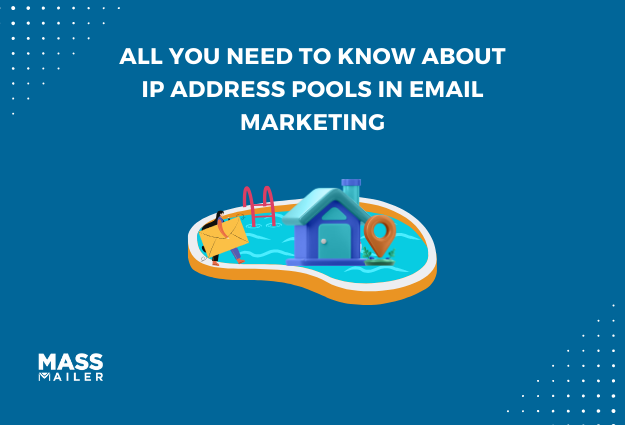
All You Need to Know About IP Address Pools in Email Marketing
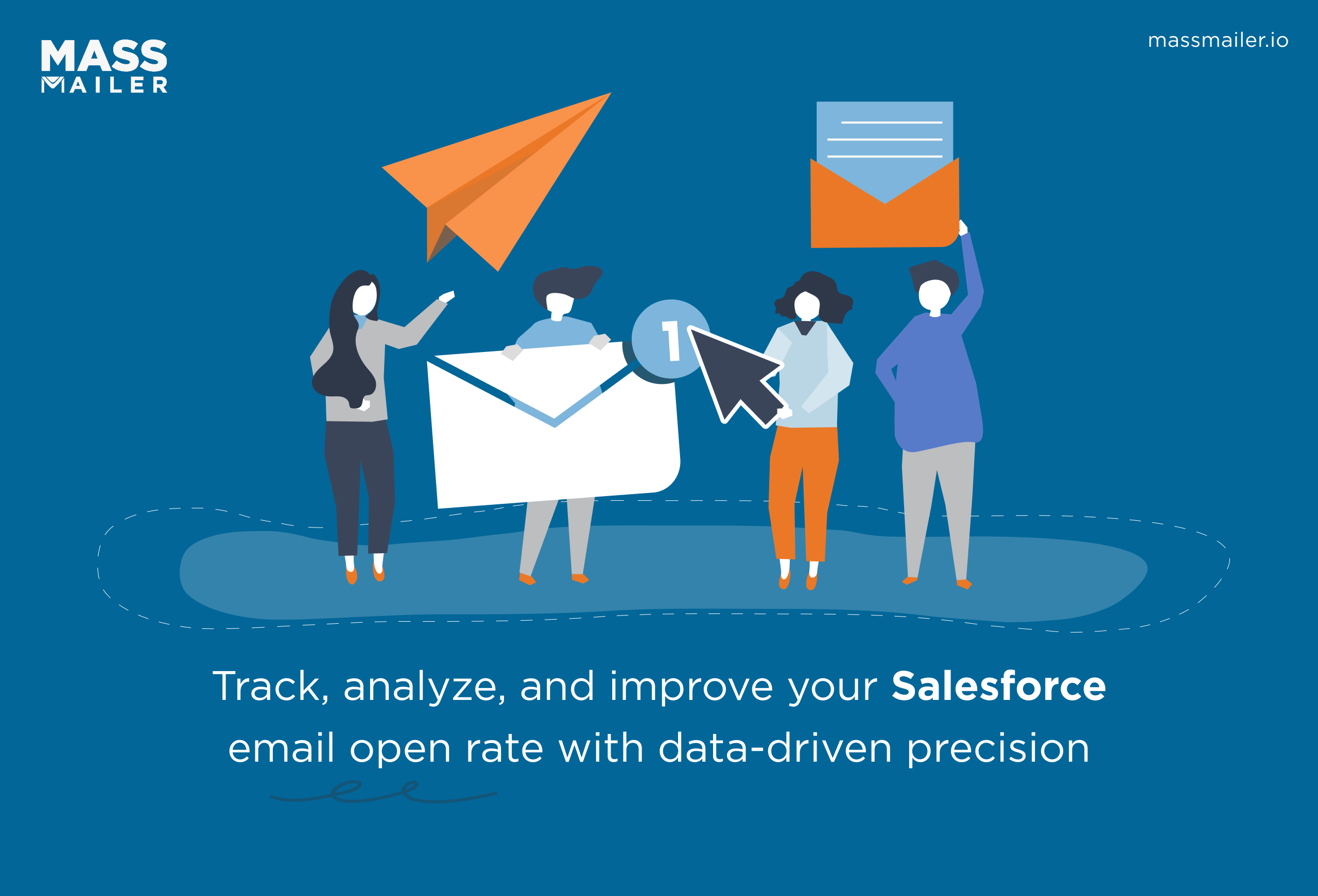
Salesforce Email Open Rate: How to Track and Improve
MassMailer Resources
MassMailer Glossary

